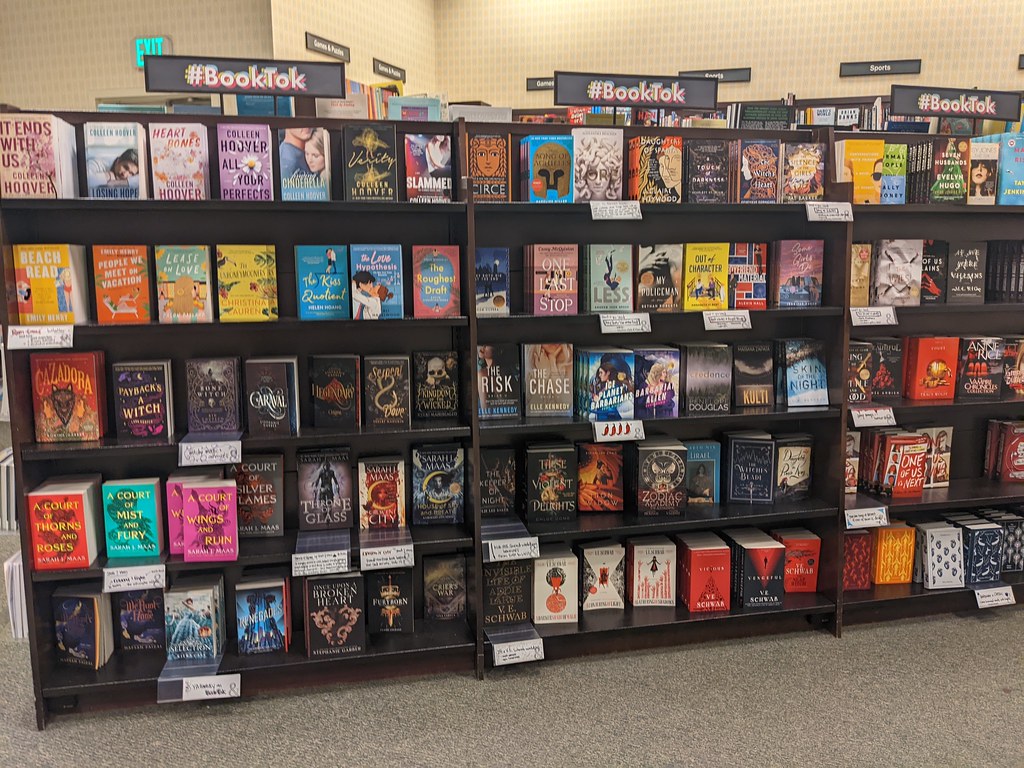By Maria-Nefeli Andredaki,
If you consider yourself a reader and have at least a semi-active presence on social media, you must have noticed that we are currently experiencing a reading Renaissance that has been manifesting for a couple of years now. Truly, since the quarantine left the majority of people with too much time on their hands, many of them turned to social media in order to express their love for reading, showcase their small (or sometimes big) and aesthetically pleasing home-libraries and connect with viewers with the same reading taste.
From my personal experience, I will admit that this book space that has been created on social media used to -and to an extent still does- bring me a lot of comfort. In a digital world, where content is predominantly based on looks, beauty, and gossip, curling up in a little internet corner with other bookworms is truly refreshing. However, it seems that reading has been reduced to a race, in which the emphasis lies on the number of books you read and own.
Ekta Sinha writes that “Booktok and Bookstagram has become less about reading and more about the experience of being a reader, or just the aesthetics”. This means that people are more concerned about “looking” like readers, about being perceived as people who spend their time reading, including all the stereotypes we associate such an identity with (e.g. someone who reads is supposedly smart and refined). This has led to a consumerist attitude towards literature; people purchase more books than they actually read and, even if they eventually get to all of them, they have read them as fast as possible, without actually appreciating the piece of literature in front of them. Sometimes, the satisfaction of adding a book to your Goodreads list and seeing the number of said list growing is greater than the satisfaction one might get from reading between the lines, taking time to analyze and interpret what the author is trying to express, which surely constitutes a more laborious task.

The idealization of reading more than thirty books a month does not only harm the reader but the author as well. There has been a shift in publishing that serves to accommodate the growing trend of fast reading, which mainly translates to short, sweet, and “easy to digest” romance books. The category of romance has always had a large fan base, myself included, but in the last couple of years it seems as though only romance writers get to be in the spotlight. Whether it is social media promotion, special editions, or even book tours, it is highly unlikely that you will see a previously renowned fantasy writer getting all of the above. On the other hand, it feels like romance writers are extremely overworked and uninspired, tending to the masses’ needs with the same three or four overused tropes (and yes, this includes enemies-to-lovers, as much as I appreciate it). In order to keep up with the demand and maintain their success, these writers are forced into strict deadlines, producing drafts like well-oiled machines, while more nuanced books are pushed to the back of the shelf.
There is absolutely nothing wrong with reading what you enjoy, whenever and however you please. However, I believe that it is important to consider how our choices and demands shape the options we are provided with. It is important to adopt a critical attitude and consider how literature impacts our minds and character. It is also important to support nuanced books, books that address important issues and books that are written by marginalized people. I hope that you’ll keep that in mind next time you find yourself in a bookstore!
Reference
- Has Booktok and Bookstagram Ruined The Reading Experience For Everyone? Let’s Investigate. Elle. Available here




